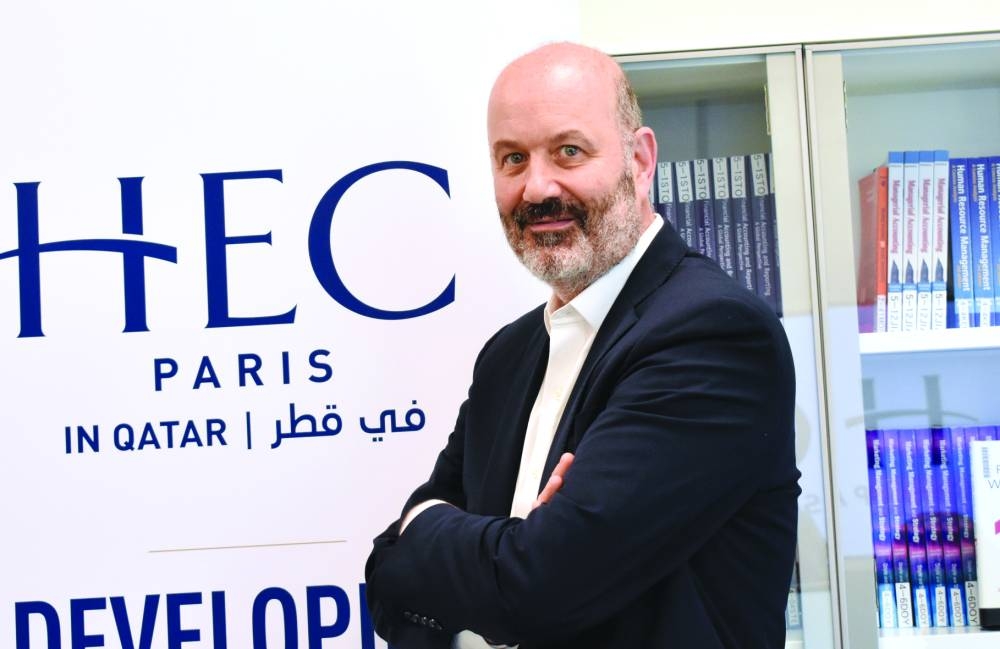Qatar, which is heavily integrated into world energy markets, benefits from a fixed exchange regime; and interest rates are expected to remain high as the US inflation remains far from being resolved, according to Argentina's former central bank president.
"For economies like Qatar, which is so heavily integrated into world energy markets, it benefits from having fixed exchange parity," Dr Federico Sturzenegger told Gulf Times in an interview.
Stressing that a half of the countries in the world have fixed exchange rate system, he said typically, the countries that have very large trade share, they value a lot for the stability.
Fixed exchange has the great benefit that it eases trade, he said, adding the local prices are stabilised with the international prices.
"The benefits are clearly established and Qatar's economy has been diversifying its economic base so as to not get hit by shocks in commodity prices," according to him.
On interest rates, he said the US inflation is far from being resolved. In support of this, he said the US has increased its money supply (M2) by 40% since the crisis and prices by 15%.
"What I conclude from that is more inflation (is) coming in the US, which is going to force the Federal Reserve to keep interest rates high for some time."
Finding that the monetary policy of the US feeds into the monetary policy of Qatar; Sturzenegger said: "If someone expects quick reduction in the interest rates in the US, which would imply a quick reduction in Qatar, I think that is not going to happen."
"I wouldn't be even surprised if they (US) need to increase interest rates," he said, adding “with fixed exchange, there is not much Qatar can do, it has to live with high interest rates.”
Qatar has so far seen a cumulative 5% or 500 basis points hike in interest rates since January 2022, even as the Qatar Central Bank outlined four major priority sectors that would not bear the brunt of rate hike on their outstanding loans.

Dr Federico Sturzenegger, Argentina's former central bank president. PICTURE: Thajudheen

